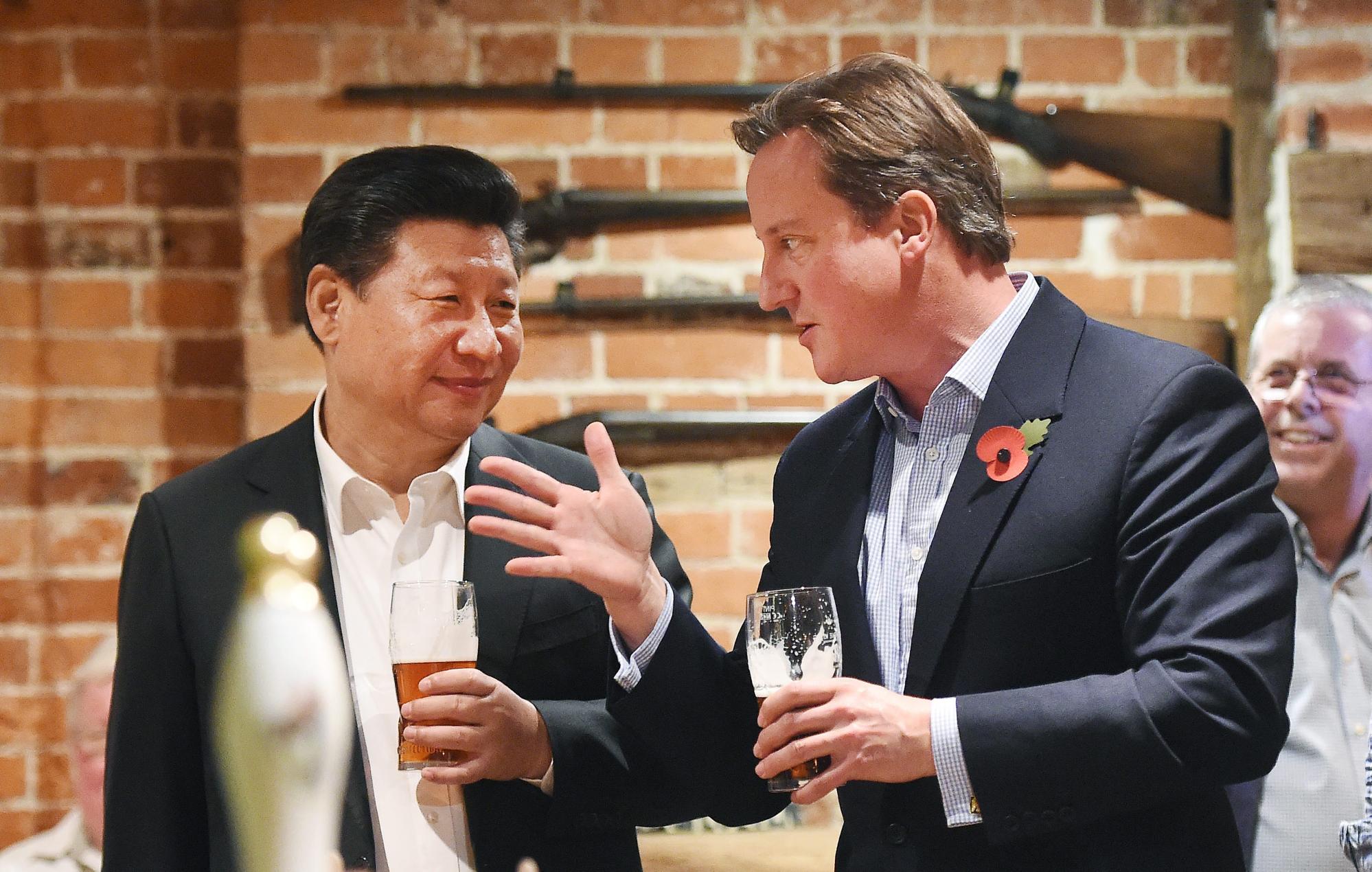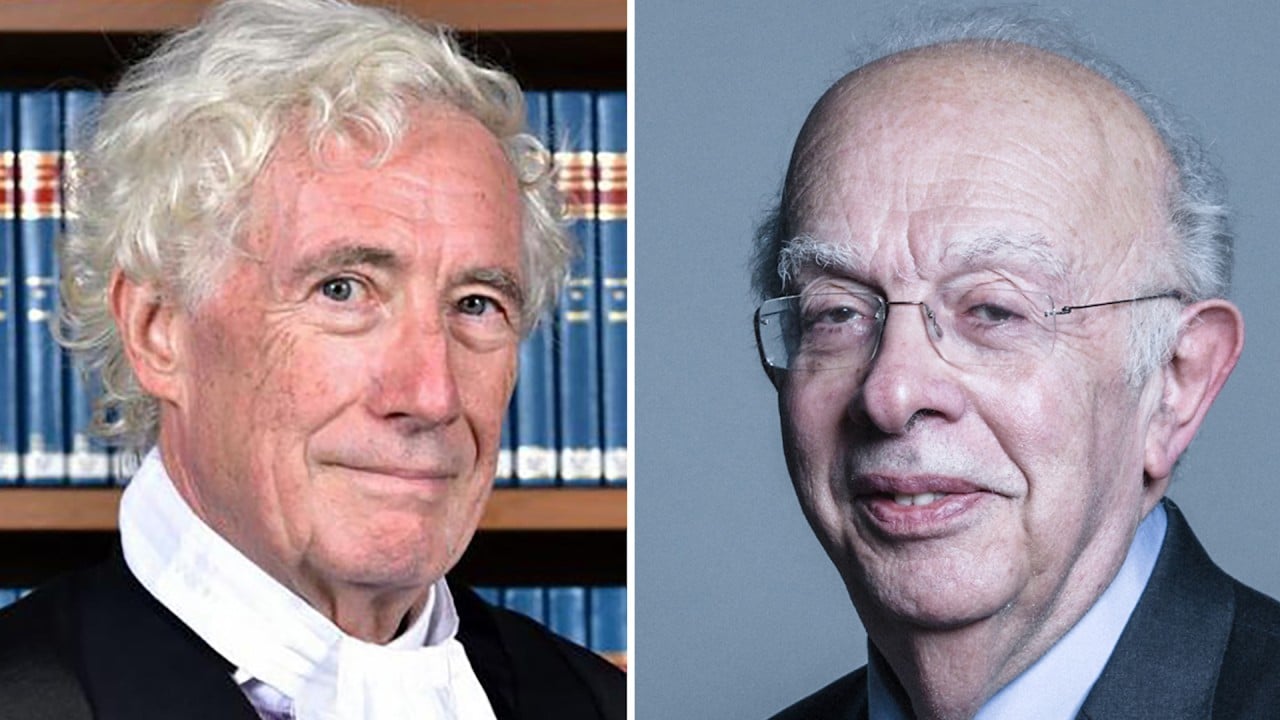Britain’s new Labour government may bring ‘clarity’ on China, but a major change of course is not expected
Ruby Osman, a China specialist at the London-based Tony Blair Institute for Global Change established by the former prime minister, said this might provide some “clarity” after “the incoherency of the different China strategies” followed in recent years.
David Lammy, who is expected to become the next foreign secretary, said Labour’s strategy towards China was to “compete, cooperate and challenge” with “progressive realism”.
“Progressive realism is all about [getting] things done. To solve some of the global problems, it means going out and talking to people that you’re not necessarily 100 per cent aligned on,” said Osman.
“And I think on the Chinese side as well, there’ll be a lot of appetite to engage with Labour. I think from Beijing’s point of view, they’re quite keen for this election to be a bit of a reset.”
The Chinese foreign ministry responded to the result by saying: “We hope to work with the UK to move China-UK relations forward on the right track on the basis of mutual respect and win-win cooperation.
Mao Ning, a spokeswoman for the ministry, added that a “a stable and mutually beneficial” relationship would help both sides “respond to global challenges together and promote world peace and development”.
Shi Zhiqin, an international relations professor specialising in Europe studies at Tsinghua University, said the last Labour government and Cameron’s administartion had followed “a very friendly policy toward China” but now “the general direction of their bilateral ties is a continued deterioration”.
He said “on major security issues…[US and British] policies should be largely aligned”, adding that both countries were suspicious about Chinese investments and Beijing’s stance on the war in Ukraine.
Last year, the China-owned Dutch subsidiary Nexperia was forced to sell its chip plant – the biggest in the UK – to an American company on national security grounds.

Sebastian Contin Trillo-Figueroa, a geopolitics analyst at the University of Hong Kong, said Britain’s policy in the Indo-Pacific was likely to see the country maintaining its commitment to Aukus, the three-way security pact with the US and Australia set up to counter China’s growing influence in the region.
He also expected “continued restrictions on Chinese vendors in the 5G market”.
James Downes, an assistant professor in comparative politics and international relations at the Hong Kong Metropolitan University, said the country would maintain a “strategic ambiguity”.
“A focus on tapping into the economic benefits with China will continue… whilst continuing close ties with both the US and the EU,” he said.
He added Labour is also likely to share the US and European Union’s concerns about overcapacity, after Washington and Brussels imposed tariffs on new energy products such as electric vehicles, which they said are being overproduced to undercut the Western market.
However, he said the possible return of Donald Trump to the White House could complicate Britain’s China policy.
For example, he has threatened to impose 10 per cent universal tariffs on all US imports, including those from its European allies, which may drive them to boost economic cooperation with China.
Long Jing, deputy director of the centre for European Studies at the Shanghai Institutes for International Studies, said Labour tends to follow a more pragmatic economic policy towards China compared with the Conservatives.
“The UK has always been a more utilitarian and mercantile international player ... It will strengthen cooperation [with China] in a more pragmatic aspect, considering the UK economy’s downturn, stagnation or even regression after Brexit, and the huge reduction in China-UK trade,” she said.
She added new cooperation could be fostered in areas such as AI governance, digital economy and people-to-people exchanges.
Wang Yiwei, a Europe specialist at Renmin University, said business and non-governmental exchanges had increased between the two countries.
“[Britain] is in no doubt it wants to seek re-engagement with China… we want to win [the UK’s trust] as well,” said Wang, who has taken part in some of these discussions.
But observers said the prospect of higher-level exchanges, including visits by the countries’ leaders, are low because of issues such as Taiwan and human rights in Hong Kong and Xinjiang, which China considers to be“core interests” where outsiders must not interfere.
“If Labour continues to advocate for Hong Kong’s autonomy, or to voice challenges in enforcing compliance with the Sino-British Joint Declaration [on the handover], it could complicate the Chinese leadership’s willingness to accept a visit,” Trillo-Figueroa said.

